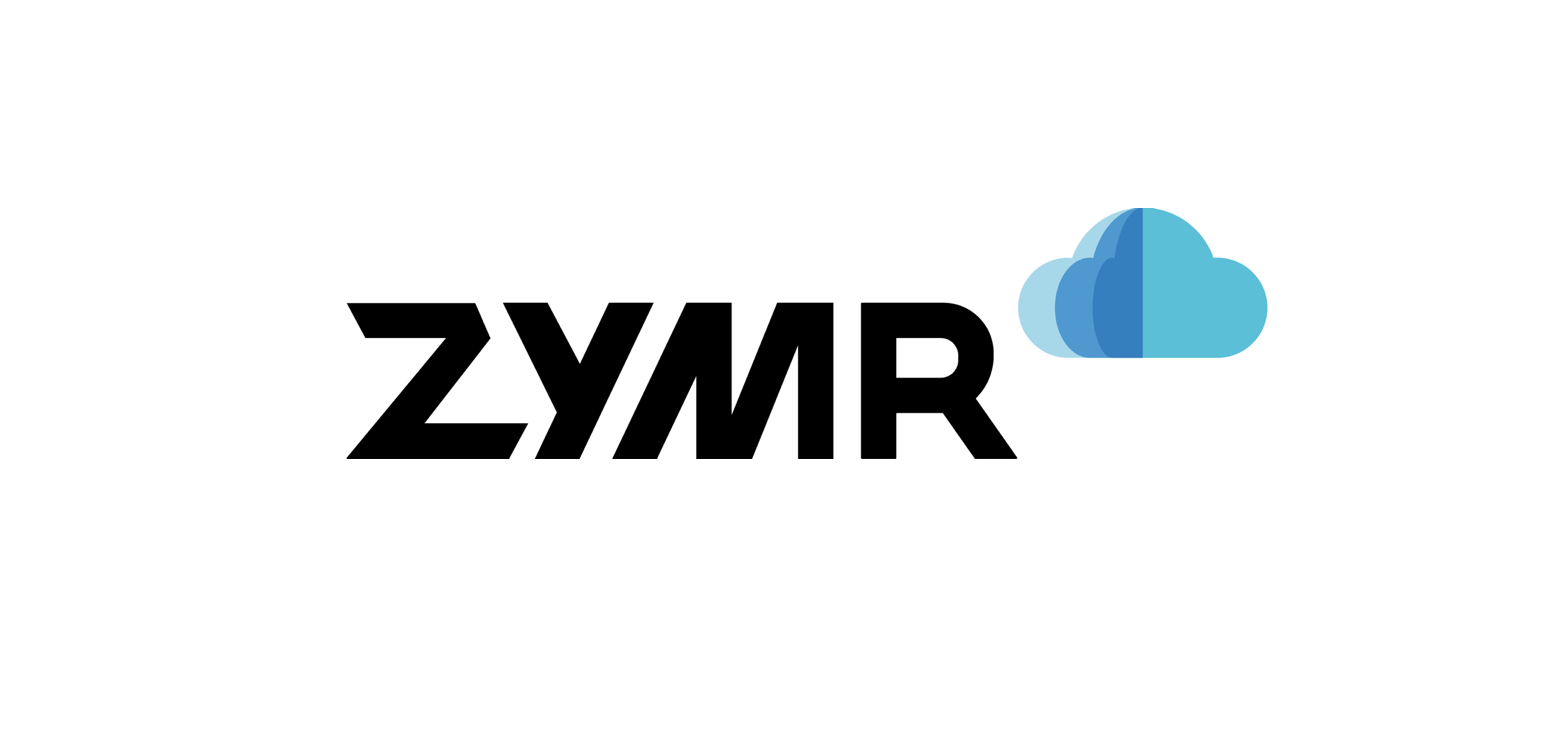
A MINDFUL SHIFT - TECHNOLOGY EXPERT TO TECHNOLOGY ADVISOR
As a famous adage goes - “Clients hire experts, but they keep advisors”. Zymr relays its core message by propagating a customer-first mindset. They've prepared themselves to become future-ready by moving beyond the traditional role of experts and transitioning into advisors. Let’s comprehend that adage better with an analogy of a hospital where you would find doctors and nurses. Though a nurse could be an expert by having the necessary domain knowledge, but you would rather prefer to go to the doctor to seek medical advice. Wouldn’t you? That's how critical the role of an advisor is. Here at Zymr, they are geared up to become not just experts but advisors; keeping their clients at the heart of everything they do. I’ll further expand by outlining the differences between experts and advisors.
What Does An Expert Do?
To begin with, being an expert implies that one excels at what one does. An expert has the strength and expertise to conquer challenges that come their way and the ability to choose the right approach for the task. By knowing the inner workings of the system and solutions that are provided, one will be able to grasp its shortcomings, make assumptions as well as gain advantages in different scenarios. This will allow them to use their judgement when choosing the best answer to an issue and save time by eliminating ineffective alternatives. Experts are better able to explain the results of the given approach to the stakeholders. An expert's ability to interpret results and deliver them to an audience in an industrial or academic context is commendable. Understanding where things went wrong and mincing a big problem into small ones frequently takes a solid awareness of basics and algorithmic intuition. This sounds ideal when dealing with a client who has already been onboarded and wants solutions to their problems. However, as one progresses in their career, they are placed in a much higher position where they will be responsible for much more than just offering expert solutions. They will have to get to know their customers and persuade them to buy their services.
What Does It Mean To Be An Expert Advisor?
In addition to being an expert and doing everything an expert is supposed to do, one has to be responsible for below mentioned additional items to become an advisor. Instead of just scratching the surface of a client's demands, an advisor works hard to understand them. They are not afraid to go under the surface and are always prepared to leap into a crisis to assist their clients. They know why certain issues are being raised and how to effectively deal with them.
Taking responsibility for oneself and being more dependable for clients
Simply put, this implies doing what you say you'll do. It is also about befriending clients. Even though they don’t turn out to be best friends for life, but still there will be a bond between the two that helps. Likeability is a huge factor of influence. Spending a significant amount of time developing logical, technical, and complicated arguments to persuade clients to do business with you. Remember that your advisor is also an expert, therefore they are aware of all the logical and technical tactics that will assist you to complete the task. Advisors are genuine, real, and unique individuals. The key is to have your own style that makes you stand out. Early involvement of an Expert Advisor, before the project starts to run into problems provides major benefits to the client because they have a better grasp of the situation. In my experience, verifying the architect in terms of performance, scale, and(or) security is a particularly valuable exercise.
Final Notes
At the end of the day, advisors are more than simply experts. It is possible to learn and sell expertise, but not to trust. To be an advisor, one must acquire trust, which differs depending on the engagements in which one participates. I'm sure you now understand their novel intentions in converting their specialists into expert advisors. This also means they're adopting the customer-intimacy value model to power them in moving beyond the transactional relationship and establishing an interpersonal bond anchored on trust with their clients. In the end, they would like to ask you, “Are you an expert or a client-focused advisor who also has deep expertise?”
Examples Where Zymr Took On The Role Of Expert Advisor:
Zymr partnered with a bankruptcy management company in developing a full end-to-end solution to take the bankruptcy process online. While Zymr was able to show its technical expertise to implement solutions handling millions of documents in real-time, they also took on the role of PO to help clarify requirements and make requirements solid and advised on improvements of the same.
Zymr accompanied a client, which was working on an IoT product, in design & development. The product was similar to information kiosks that we see at airports for advertisement purposes. While working on it, apart from regular development, Zymr took on the responsibility of handling loads of 100k devices at a time and advised the company to implement a specific queue-based channel connection mechanism that was able to handle updates back and forth. They implemented the suggested solution and as a result, today, the company can pass on the updates to 100k devices at a time without taking down a server. Another piece of advice that Zymr gave to them was on UX to help them completely revamp their web application.
Zymr helped an entertainment company to convert its idea of building an entertainment platform for movies, videos, profiles, etc. to reality. They advised them at all levels of development, from requirements clarity to implementation, deployment, and support.
ARTICLE CONTRIBUTED BY HARSH RAVAL, ASSOCIATE DIRECTOR OF ENGINEERING



